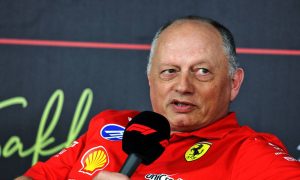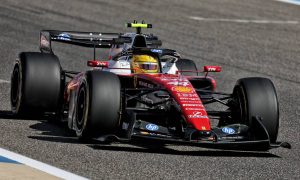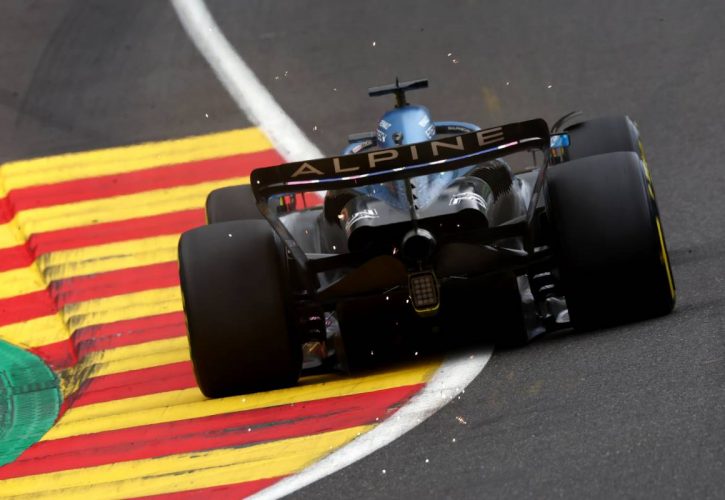
Ferrari team boss Fred Vasseur isn't convinced that Alpine's request for equalization of its power unit is justified, insisting its Renault engine "is not so far away".
The topic of engine equalization was on the agenda of a meeting of the F1 Commission that took place last week during the Belgian Grand Prix weekend.
As a reminder, the FIA has put a freeze on engine development until the end of the sport's current power unit regulation cycle at the end of 2025.
The subject of equalisation was brought forward by Alpine following a study by the governing body on the current performance of F1's power units in which it appeared that Renault's engine was up to 30 bhp down on power relative to its rivals' units.
The FIA said that it would consider Alpine's request, but Vasseur remained skeptical of the numbers suggested by the governing body regarding Renault's deficit.
"It’s true that when we decided to freeze the engine we considered that in exceptional circumstances we could try to find a way to support the guy who would be completely out of the range," said the Scuderia boss.
"But I’m not sure that Renault is so far away. "We don’t have the same numbers as Renault."
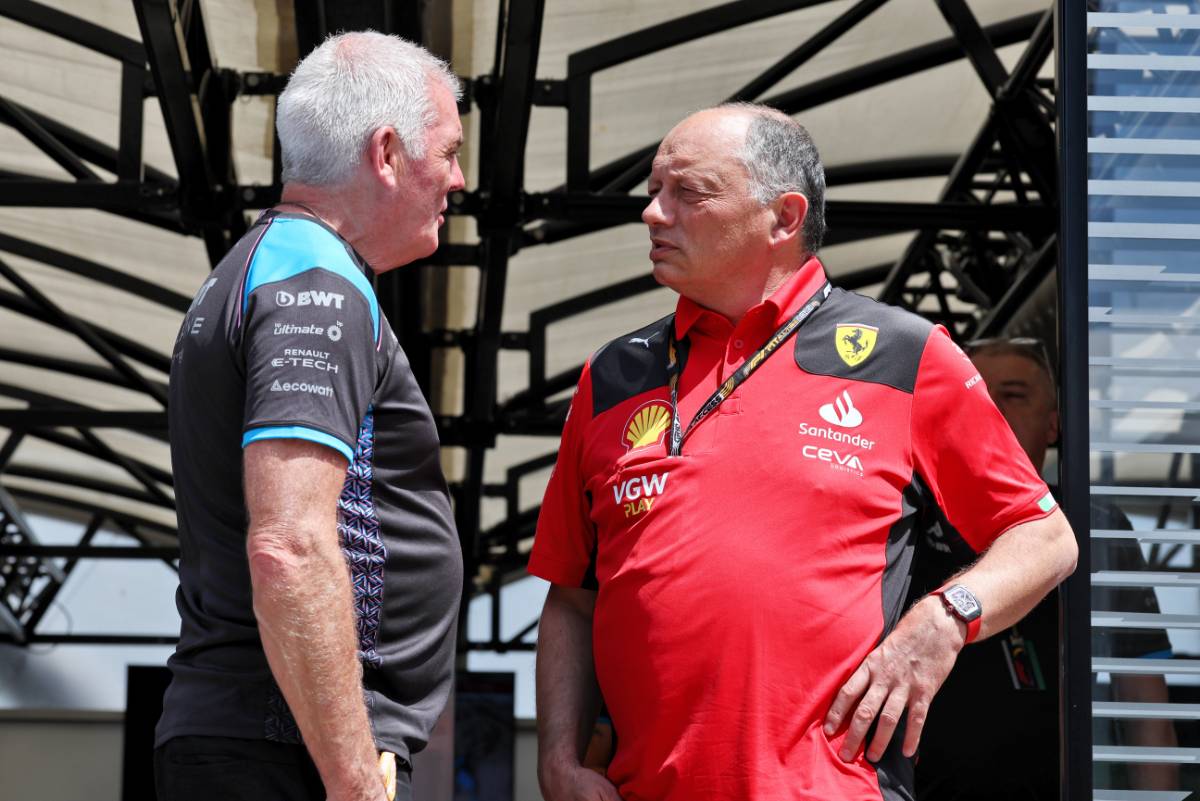
Vasseur added, tongue-in-cheek, that it is "the first time that my engineers are ‘pessimistic’ compared to the other ones."
The Frenchman firmly insists that any form of equalization should solely involve granting Renault the opportunity for additional development. Vasseur ruled out allowing Renault to adjust the output of its unit by tweaking its restricted fuel flow rate.
"If we have to do something, it can’t be fuel flow," he said.
"We have the same approach with the wind tunnel allocation. The guy who is P10 [in the Constructors' championship] has more time in the wind tunnel. It’s not that he has 10 kilos less [weight].
"You allow the team or the PU manufacturer to develop, and you don’t give him an advantage. That I think would be the start of the ‘Balance of Performance’."
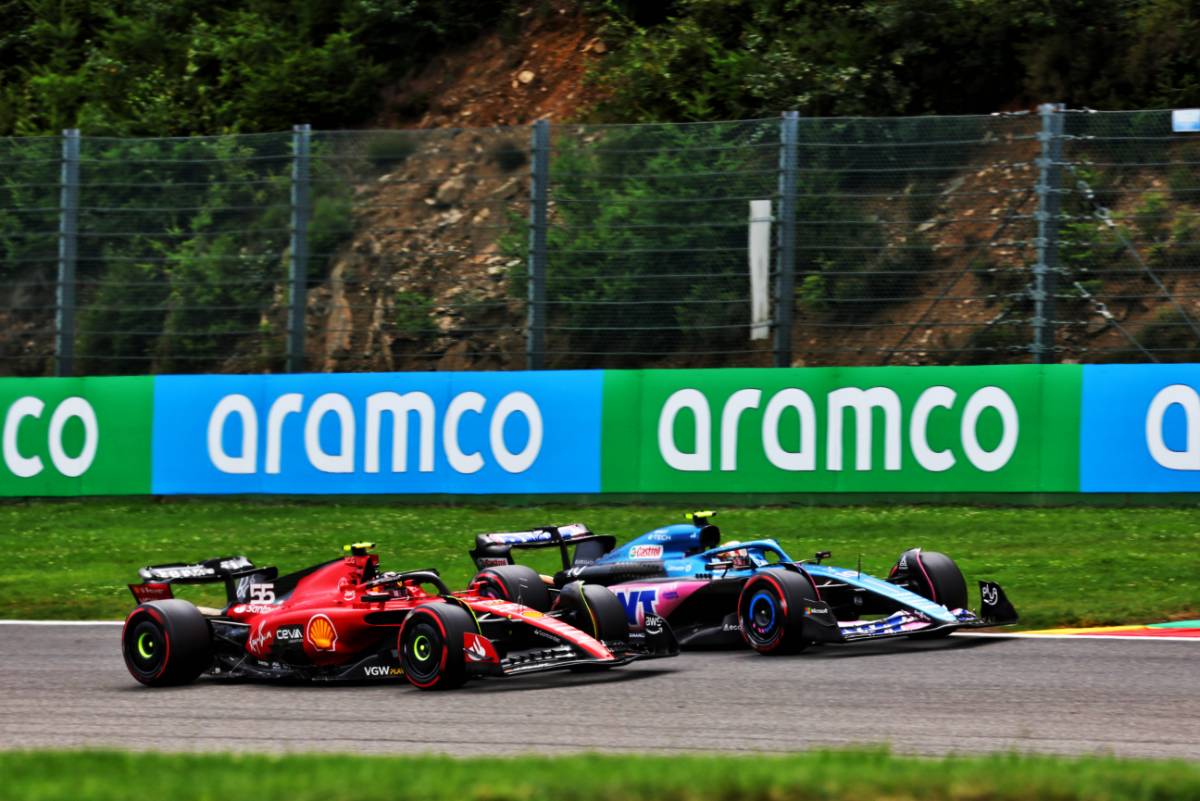
Alpine team principal Bruno Famin, who also heads Renault's Viry-Châtillon engine department, said the latter had significantly improved the performance of its power unit ahead of F1's development freeze. But it remains at a deficit to its rivals.
"We made huge steps between 2021 and ‘22 but it’s still not the best engine," said Famin.
"The FIA put the topic on the table, because I understand there was a kind of agreement when the engine freeze was decided, and the FIA put the topic on the table and that’s it.
"I don’t think the engine, the powertrain is so down that we cannot improve the package.
"The goal is really to improve our package: the chassis, the engine, which is a bit difficult in the present time, for sure, but the integration can always be improved and this is what we’re going to do."
Keep up to date with all the F1 news via Facebook and Twitter




